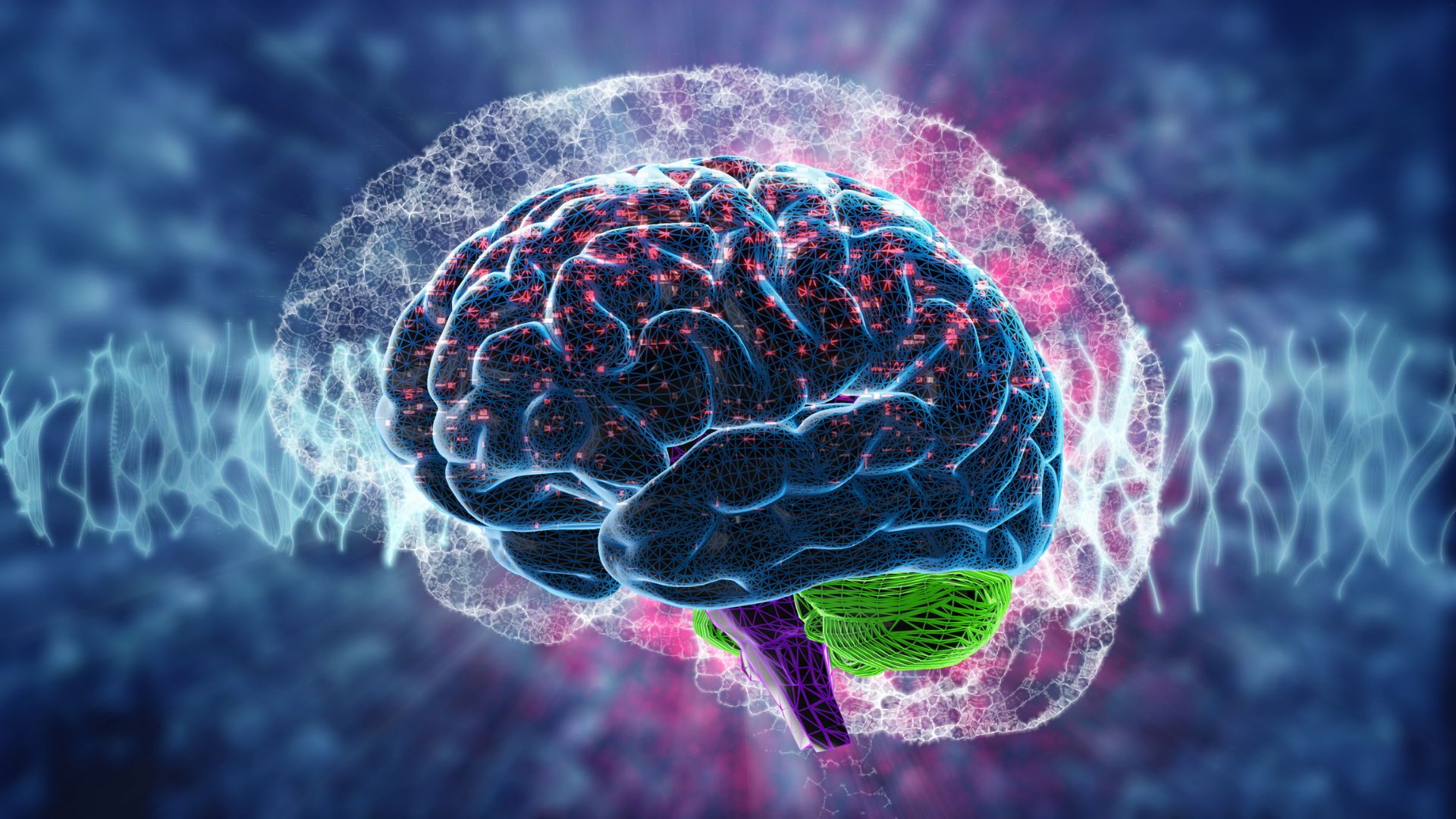The cognitive age is the age of the individual’s brain, the length of its lifespan, and its ability to perform certain tasks. Since an individual’s genes determine the cognitive age, it’s largely a genetic lottery. Genetics aside, there are certain activities that we can choose that lift our cognitive age a little each year. These are called brain games, and they are highly inefficient in the grand scheme of cognitive training.
The boom of the mobile Internet has fundamentally changed the way people socialize, work, play, and learn, and it has also changed the way people think about information society. The ability of mobile devices to access the Internet has changed the way people interact, share information, and collaborate. The productivity gains from “ubiquitous computing” are enormous, and societal benefits include improved health, education, environmental protection, and economic growth. Yet, as “ubiquitous” computing moves from theory to practice, questions arise about the role of human intelligence and human autonomy in cognitive computing.
The brain games market is booming. Research estimates that the global brain games market will reach $3.5 billion by 2023. This figure includes electronic, software, and physical games. While the growth is impressive, many consumers are skeptical that these games benefit our cognitive performance. Are they worth the money, or are they just a waste of time and money?
The Cognitive Age is upon us. The “old” age of the brain, the age of linear thought and reducing the thinking process to likes and dislikes. Then dramatically reducing that linear thinking process to black and white thinking, good or bad. The age of colour. Cognitive expansion, expansion of thought, and expansion of the mind.
The cognitive age is upon us. The days of pencil-and-paper mental exercise are behind us. Today’s active and wired individual is fully connected, always connected, and benefits from greater educational opportunities than ever before. While the world and our industries are opening up, our mental connectivity is closing. The Mind Games category has grown 30% YOY. This growth reflects our increased focus on cognitive health in 2018 and beyond.
Our brains are changing. The advent of the cognitive age means that the individual is central to the evolution of our species. The chemical foundations of cognition provide the infrastructure for increasing complexity in behaviours. But at its core, this complexity is fuelled by nutrition.
For the last few years, there has been an increasing interest in brain training and games for the brain, as research has shown us that our brain needs specific training to optimize its functions, especially as we age. The games usually played on personal computers or mobile devices, make people think and challenge their ability to concentrate, remember or react quickly. Furthermore, these games may be helpful in treating memory disorders such as brain fog. In general, brain fog associated with upper cervical disorders is characterized by poor concentration, confusion, thinking slowly, and fuzzy thoughts, which can be easily treated with brain games, physical activities, and proper nutrition.
People of all ages are buying up “brain games,” and there are many to choose from. People can explore computer games as well as board games, which can help to improve brain functioning, body coordination, and other sensory organs. Moreover, some may even enjoy games like fingerboarding that could be bought from a fingerboard shop in various designs, colors, and art. Such extreme sports could aid in improving brain and hand coordination.
It is generally accepted that physical exercise is good for health. However, an increasing amount of research is showing exercise can also be good for the brain. And it is not just physical exercise; mental activity also has a profound effect on our brains. Regular exercise can reduce the risk of developing dementia and Alzheimer’s as well as enhance the body’s immunity to support overall wellness. People concerned about their health can also make the addition of vitamins and supplements to boost immune system of their body and live long and healthy lives. Apparently, a recent US study also showed that regular exercise coupled with healthy foods and supplements improved older people’s memory and mental processing speed.
Cognitive exercise is becoming more and more important as we live longer, have more sedentary lifestyles, and age, and different people will prefer different ways to keep their brains sharp. Some might enjoy reading, others will do jigsaws, crosswords, sudoku, and other puzzles, while some will challenge themselves to learn a new skill, such as how to play a certain video game. With technology as the springboard, people can exercise their brains by playing video games like Apex Legends, Escape From Tarkov, and Payday 2 (check out fpschampion.com to learn more about these games), or even digital versions of the aforementioned puzzle games, as well as card games and a whole host of other brain training exercises. When it comes to keeping the brain healthy, the most important thing is that people are making the effort to do this in order to give themselves the best chance of retaining as much cognitive function as possible as they age, whether they do this with the help of technology or not.
The digital age has opened minds up to new abilities and possibilities that were unimaginable even a few decades ago. Advances in technology have enabled gamers everywhere to immerse themselves in amazing worlds filled with fascinating characters, dramatic storylines, and stimulating challenges. Some of these games invite you to compete for the top spots, while others are more about simply playing the games.




